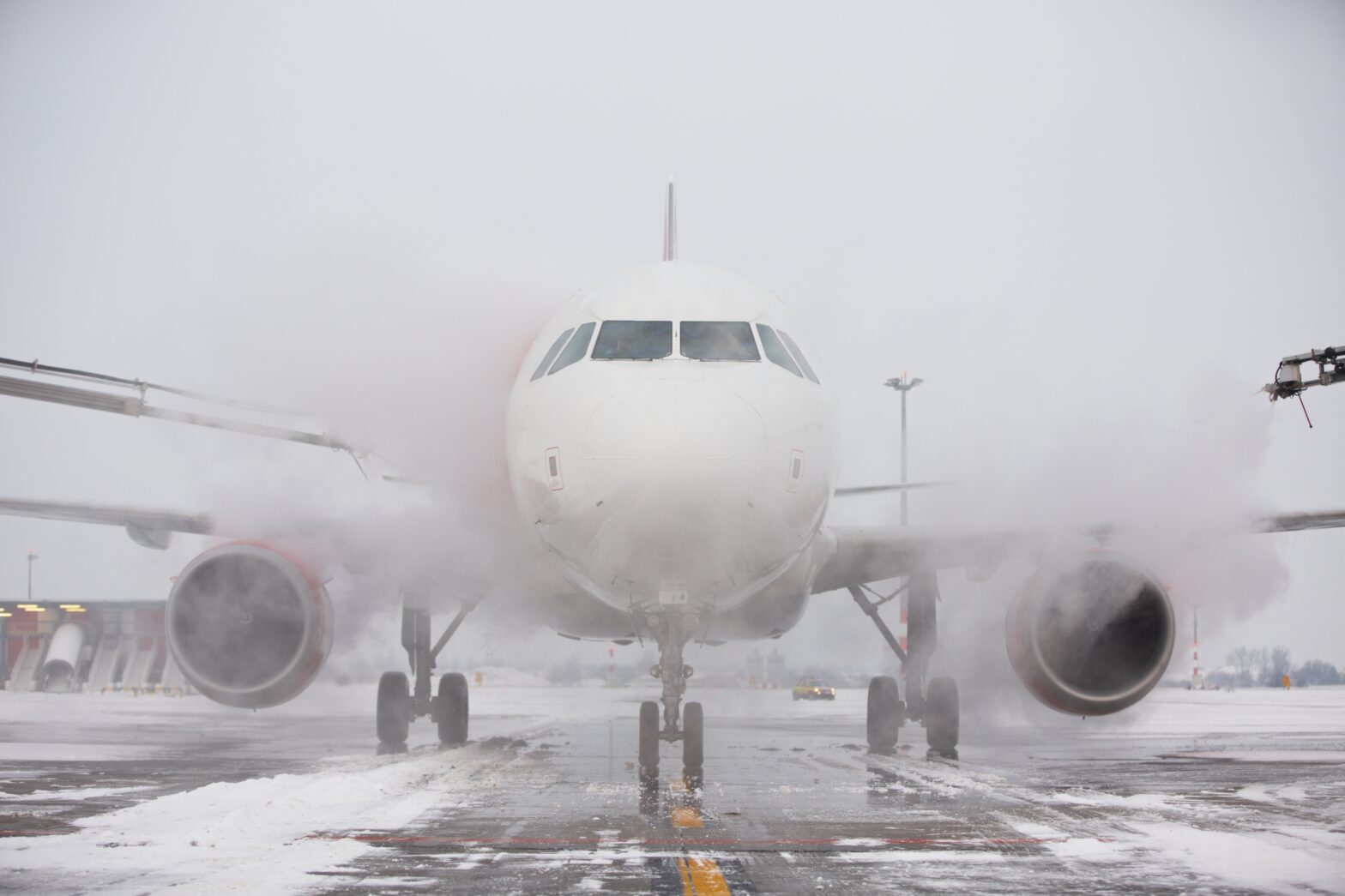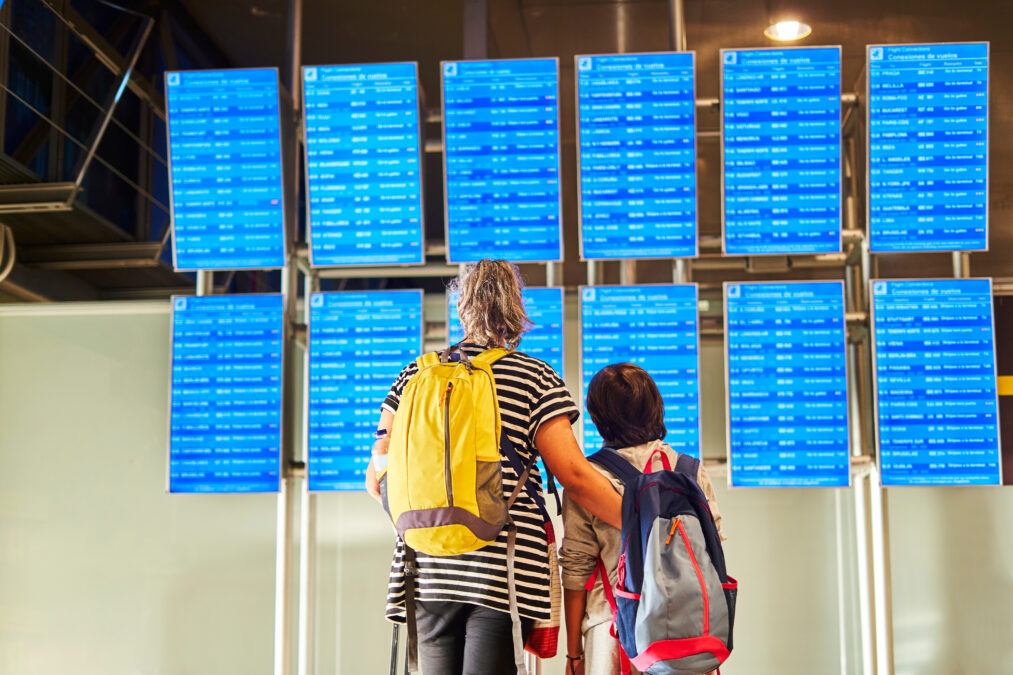The travel industry is under increasing pressure to speed up communication with passengers, with customers demanding real time updates on flight cancellations and delays
In recent days freezing fog and snowy conditions are causing significant flight delays in the UK. Resulting failure to keep customers updated when journeys are facing disruption is one of the biggest complaints against airlines after lost baggage, according to a report from Aviation research consultancy, SKYTRAX.
If a flight gets cancelled, delayed or rescheduled, the airline is liable to pay compensation, costing the industry millions of pounds.
Flight disruption impacts approximately 50,000 to 60,000 passengers, which has a domino effect on associated travel plans.
Passengers who experience delays are further frustrated by being made to wait up to 30 to 40 minutes on automated voice systems when contacting their travel providers.
>See also: What’s holding back predictive maintenance in rail?
In the “always on” and “always connected” customer environment, consumers expect to be updated in real time if their flights are going to be delayed or cancelled.
Bhupender Singh, CEO of global Business Process Outsourcing company, Intelenet Global Services notes that “the consumer landscape in the travel industry is changing fast. In addition to disruptive pricing, customer service is becoming a major battleground for companies. Passengers are demanding faster communication and dispute resolution when it comes to flight cancellations and delays”.
“The more progressive firms in the travel industry are putting in place best practice communication systems which can fast track the claims calculations process and keep customers updated. Not only does this avoid the proliferation of negative sentiment on social media, but it keeps the customer engaged. “
“By using next generation technology which can streamline the process by 60%, travel providers are able to manage a higher volume of complaints more efficiently, empowering companies to continue to survive and grow in competitive market conditions. ”
Indeed, to respond to growing customer demands, to speed up response times and fast track complaints, airlines and online travel agencies (OTAs) are turning to digital solutions to speed up the complaint resolution process and fast track communication with passengers.
Intelligent communication management tools, such as iCAN, assesses the type, impact and duration of flight disruption and speeds up the calculation process of compensation due.
>See also: 4 lessons learned from the Delta’s power outage
Developed by Intelenet, iCAN provides automated classification and processing of customer claims.
The product also automatically sends emails to notify claimants, which processes around 30% of the daily incoming customer queries.
Staying competitive
By going digital and implementing services like intelligent communication management, travel providers can start pulling away from their competitors that do not take advantage of these technologies.
“Airlines and OTAs must cater to customer expectations in their hour of need. By harnessing the power of technology and having trained staff on hand, travel providers will be able to navigate through busy periods all year round, leaving customers feeling valued and cared for, which will boost positive sentiment as well as streamline costs.,” said Singh.










